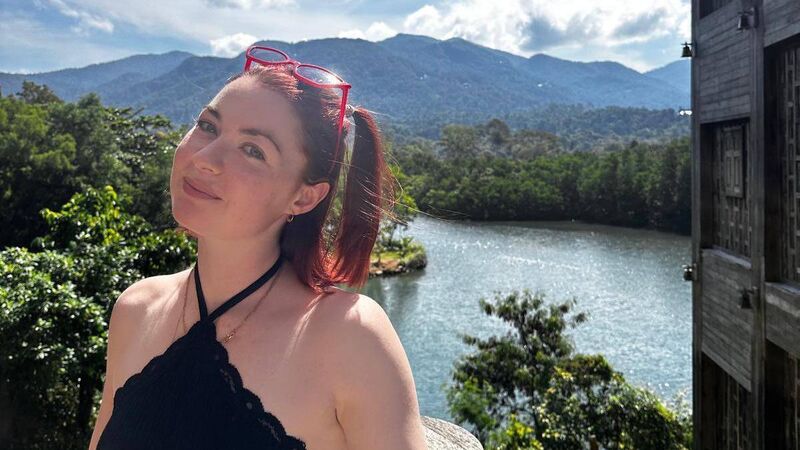'Australia is not the fairytale I imagined,' says returned emigrant

Anna O'Reilly: 'Sure, it has better weather, but I think it’s a very isolating experience.'
A young Irish woman who emigrated to Australia has warned others planning on travelling that life down under is no "fairytale experience", after she experienced racism and discrimination in the workplace.
At first glance, Australia seemed to be a lovely fit for Dubliner Anna O’Reilly, who, like many young Irish people, decided to start a new life there. Anna, 25, moved to Brisbane last May as her friends had a room available in their house.














